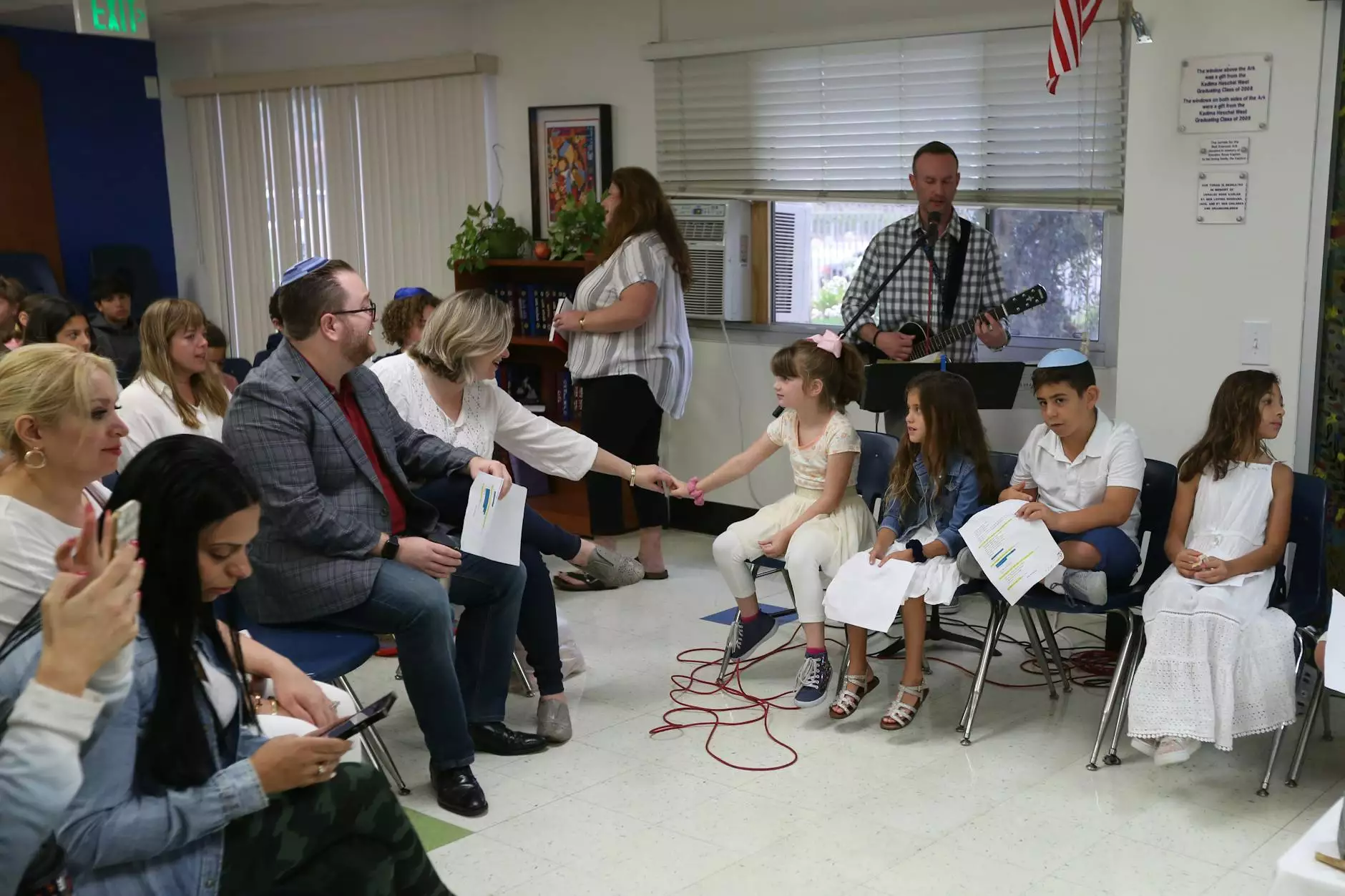The Role of Synagogues, Religious Organizations, and Churches in Community Building

In today's fast-paced and increasingly interconnected world, the need for unity and community cohesion has never been more critical. Synagogues, Religious Organizations, and Churches serve as pillars of strength and solidarity, bringing people together in faith and common purpose. These institutions not only provide spiritual guidance but also play a vital role in fostering a sense of belonging, support, and compassion within a community.
The Significance of Synagogues
Synagogues hold a special place within the Jewish faith, serving as houses of worship, study, and community gatherings. They offer a sanctuary for prayer, reflection, and communal celebrations, strengthening the bond between individuals and their heritage. Synagogues also serve as centers for education, where members can deepen their understanding of Jewish traditions and values. Additionally, synagogues often engage in charitable activities and outreach programs, extending a helping hand to those in need within the community.
The Impact of Religious Organizations
Religious organizations, spanning various faith traditions, play a pivotal role in shaping the moral and ethical fabric of society. Through their teachings, rituals, and community activities, these organizations instill values of compassion, justice, and solidarity among their members. They provide a platform for individuals to connect with their spirituality, find guidance in times of need, and build lasting relationships based on shared beliefs. Religious organizations often engage in social welfare initiatives, advocating for a more just and equitable world.
The Role of Churches in Community Development
Churches serve as focal points for Christian communities, offering a place of worship, fellowship, and service. They provide spiritual nourishment through prayer services, sermons, and sacraments, fostering a deeper connection with God and fellow believers. Churches also facilitate social gatherings, events, and charitable projects that bring individuals together in acts of kindness and generosity. Through their outreach efforts, churches address societal issues, such as poverty, homelessness, and healthcare, making a tangible impact on the lives of community members.
Unity and Collaboration Across Faith Communities
While Synagogues, Religious Organizations, and Churches represent distinct faith traditions, they share a common commitment to promoting unity, compassion, and understanding across diverse communities. Interfaith dialogue and collaboration enhance mutual respect and cooperation among different religious groups, fostering peaceful coexistence and solidarity in the face of challenges. By joining forces in community initiatives, these institutions demonstrate the power of collective action and goodwill in creating a better world for all.
Building a Stronger Community Together
The collaborative efforts of Synagogues, Religious Organizations, and Churches contribute significantly to the social, cultural, and spiritual enrichment of communities worldwide. Their tireless dedication to serving others, fostering inclusivity, and promoting shared values serves as a beacon of hope and inspiration for individuals of all backgrounds. By actively engaging with these institutions, community members can forge meaningful connections, contribute to positive change, and experience the transformative power of faith-based community engagement.
https://zion.nyc/


